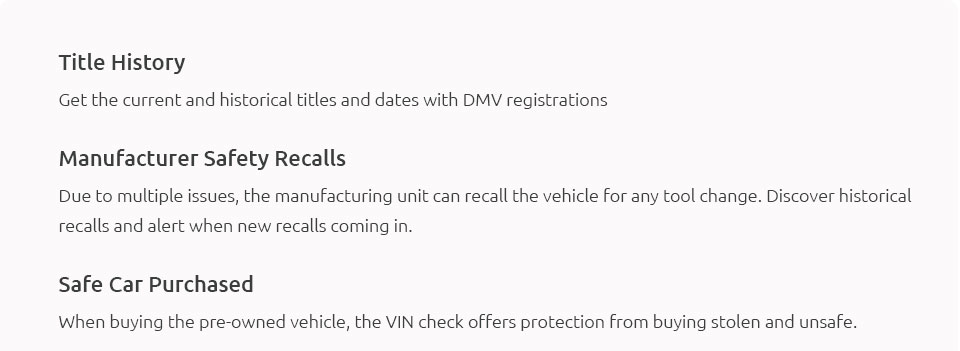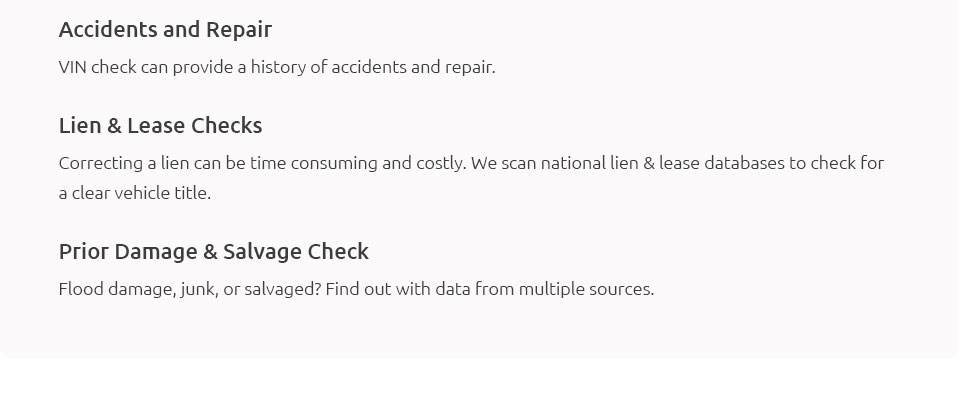 |
 |
 |
 |
 |
||
 |
 |
|
 |
 |
|
 |
 |
 |
 |
||
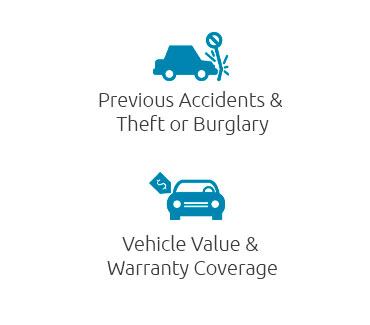 |
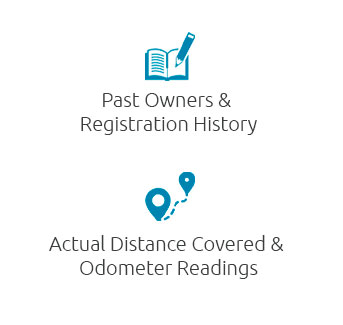 |
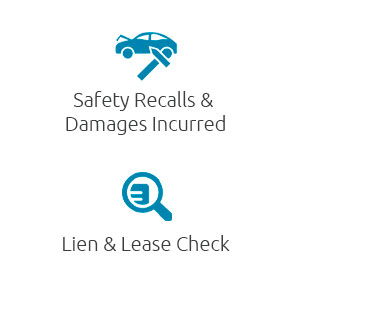 |
 |
 |
 |
||||
|
||||
 |
 |
Can You Track a Car by Its VIN Number?Understanding the potential and limitations of tracking a vehicle using its Vehicle Identification Number (VIN) is crucial for anyone involved in buying or selling cars, as well as those curious about the history and specifications of their own vehicles. The VIN serves as a unique identifier for each car, much like a fingerprint, and it can indeed provide a wealth of information. However, tracking a car's real-time location solely by its VIN is a different matter altogether. The VIN itself is a 17-character string that acts as a car's unique identifier, and it can reveal significant details about the vehicle, such as the make, model, year, engine type, and more. For instance, if you are looking to understand the options available for a specific car model, conducting a ford vin check for options could be particularly beneficial. Through a VIN lookup, one can access detailed reports that include information about past ownership, accident history, and even service records, assuming the car has been serviced at garages that report such data to central databases. While accessing a plethora of historical data is feasible, using a VIN to pinpoint a car's current location is not straightforward. Unlike GPS devices or smartphone trackers, a VIN does not transmit location data. It is primarily used for identification and record-keeping purposes. This means that if you are seeking to track a vehicle's movements or current location, alternative methods such as GPS tracking would be necessary. Nonetheless, the VIN remains a valuable tool in the car-buying process, especially when verifying a car's history and ensuring that no fraudulent activities, such as title washing, have occurred. For those in Florida, a vin lookup florida can be an invaluable resource to uncover any discrepancies in the vehicle's documented history. It's worth noting that while VIN lookups are generally reliable, the accuracy of the information can depend on how comprehensively the data is reported and maintained by various agencies and service providers. Therefore, when using VIN information for critical decisions, it's wise to consult multiple sources and, if necessary, complement this data with other forms of verification. In conclusion, although tracking a car's real-time location by its VIN is not feasible, the number is a powerful tool for accessing a vehicle's history and understanding its background, which is essential for making informed decisions in the automotive marketplace. https://www.vinaudit.com/vin-tracing
VIN tracing is the process of using a vehicle identification number (VIN) to track a car's history. The VIN is a unique code assigned to every vehicle. https://www.quora.com/Can-you-track-a-car-s-route-with-its-VIN
No. A VIN number is just a number, like a chassis number, a kind of serial number to identify the vehicle so it can be differentiated from ... https://www.reddit.com/r/ElantraN/comments/zgdcom/is_there_a_way_to_track_my_car_by_the_vin_number/
Someone posted here about passing by his dealership and seeing his car just sitting there. I wonder if there's a way I can track the actual location of my car.
|

